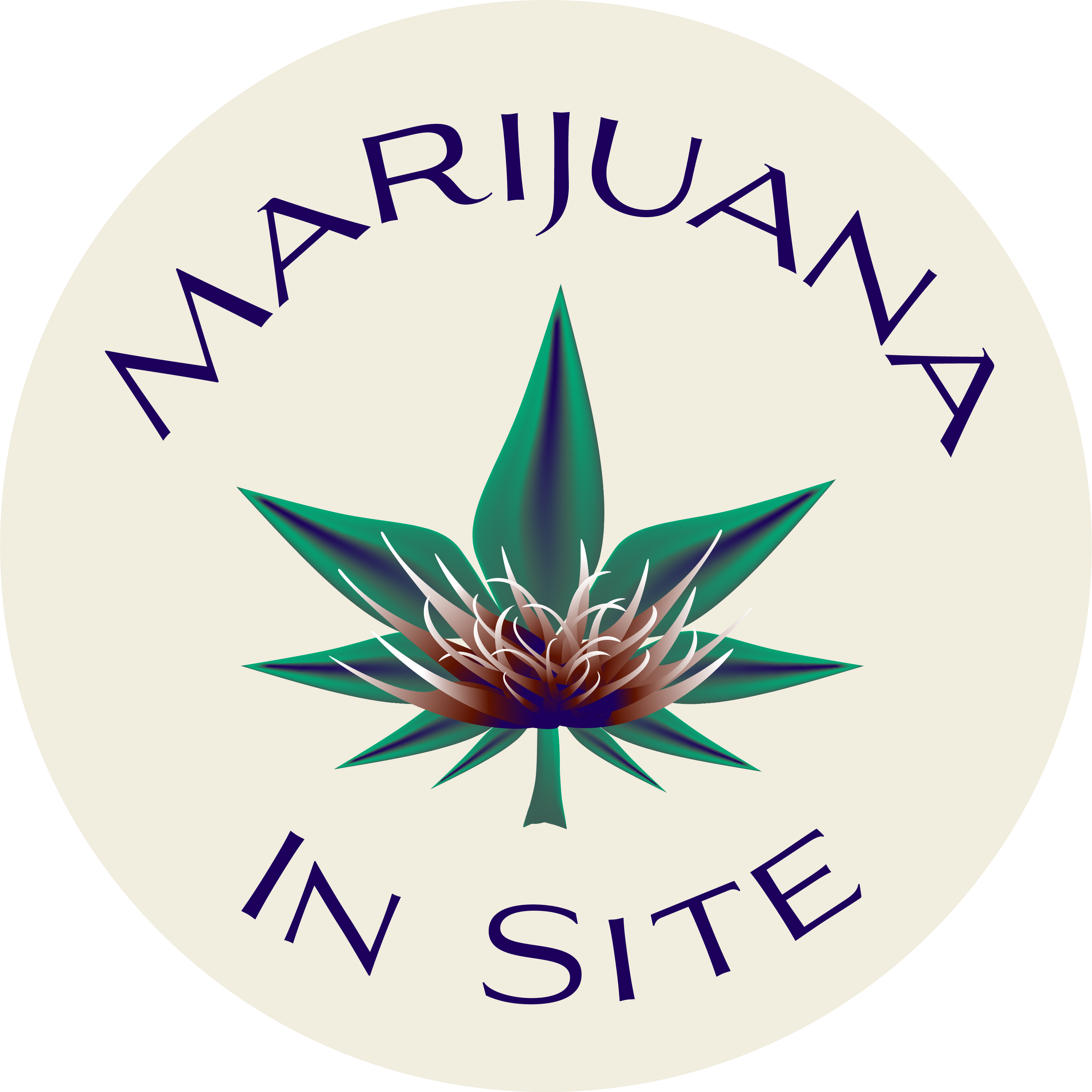Cannabis is widely used for both recreational and medical purposes, but these two types of use serve different needs and come with distinct regulations and considerations. Understanding the differences between recreational and medical cannabis use can help individuals make informed decisions about their consumption. In this blog, we’ll explore the key differences between recreational and medical cannabis, including their purposes, legal status, dosage, and access.
Purpose and Intent
Recreational Use:
- Purpose: The primary purpose of recreational cannabis use is to achieve a pleasurable and relaxing experience. Users seek the psychoactive effects of tetrahydrocannabinol (THC), which can induce euphoria, relaxation, and altered perception.
- Intent: Recreational users typically consume cannabis to unwind, socialize, enhance sensory experiences, or simply have fun.
Medical Use:
- Purpose: Medical cannabis is used to treat specific medical conditions and alleviate symptoms. It focuses on the therapeutic properties of cannabinoids, including THC and cannabidiol (CBD).
- Intent: Patients use medical cannabis under the guidance of healthcare professionals to manage conditions such as chronic pain, epilepsy, multiple sclerosis, cancer, anxiety, and more.
Legal Status and Regulations
Recreational Use:
- Legal Status: The legality of recreational cannabis varies by region. In some countries and states, it is fully legalized and regulated, while in others, it remains illegal or decriminalized.
- Regulations: Recreational cannabis laws typically set age limits (usually 21+), possession limits, and restrictions on where cannabis can be consumed. Licensed dispensaries and retailers are authorized to sell recreational cannabis.
Medical Use:
- Legal Status: Medical cannabis is legal in many countries and states, even where recreational use is prohibited. Patients must obtain a medical marijuana card or prescription from a licensed healthcare provider.
- Regulations: Medical cannabis programs have specific regulations regarding qualifying conditions, dosage, and patient registration. Medical cannabis is often distributed through licensed dispensaries that provide products tailored to medical use.
Dosage and Potency
Recreational Use:
- Dosage: Recreational users often choose higher THC strains for stronger psychoactive effects. Dosage can vary widely based on individual tolerance and desired experience.
- Potency: Recreational cannabis products, such as flower, edibles, and concentrates, come in a range of potencies. Users should be cautious with high-potency products to avoid adverse effects like anxiety or paranoia.
Medical Use:
- Dosage: Medical cannabis dosing is carefully tailored to the patient’s condition, symptoms, and response. Healthcare providers often recommend starting with low doses and gradually increasing as needed.
- Potency: Medical cannabis products may prioritize higher CBD content for therapeutic benefits without intense psychoactive effects. Accurate labeling and consistent dosing are critical for effective treatment.
Access and Availability
Recreational Use:
- Access: Recreational cannabis is available to any adult of legal age in regions where it is legalized. It can be purchased from licensed dispensaries, retailers, or through delivery services.
- Availability: A wide variety of products, including flower, edibles, tinctures, topicals, and concentrates, are available for recreational users. The focus is often on flavor, potency, and innovative consumption methods.
Medical Use:
- Access: Access to medical cannabis requires a recommendation or prescription from a healthcare provider. Patients must be registered in a medical cannabis program to purchase from licensed dispensaries.
- Availability: Medical cannabis dispensaries offer products formulated to address specific medical needs. These products may include tinctures, capsules, transdermal patches, and high-CBD strains, with detailed information on cannabinoid content and dosage.
Product Selection and Labeling
Recreational Use:
- Product Selection: Recreational users have a broad selection of strains and products, often categorized by their effects (e.g., uplifting, relaxing). Branding and packaging are geared towards consumer appeal and experience.
- Labeling: Labels typically include information on THC and CBD content, strain type (sativa, indica, hybrid), and sometimes terpene profiles. Warning labels about potential psychoactive effects are common.
Medical Use:
- Product Selection: Medical cannabis products are chosen based on their therapeutic benefits. Selections may include high-CBD strains, balanced THC/CBD products, and formulations designed for specific conditions.
- Labeling: Labels provide detailed information on cannabinoid content, dosage recommendations, and instructions for use. Medical products often undergo rigorous testing for consistency and safety.
Insurance and Cost
Recreational Use:
- Insurance: Recreational cannabis is not covered by insurance, and users must pay out-of-pocket for their purchases.
- Cost: The cost of recreational cannabis varies by product type, potency, and region. Taxes on recreational cannabis can significantly increase the final price.
Medical Use:
- Insurance: In most regions, medical cannabis is not covered by insurance, although some programs and insurers may provide partial coverage or discounts.
- Cost: Medical cannabis can be expensive, but some states offer tax exemptions or lower taxes for medical patients. Financial assistance programs may be available for eligible patients.
Final Thoughts
Understanding the differences between recreational and medical cannabis use is essential for consumers and patients alike. While both forms of cannabis use involve the same plant, their purposes, regulations, dosages, and access points differ significantly. Whether using cannabis for enjoyment or therapeutic purposes, it is crucial to make informed choices and adhere to local laws and guidelines.



